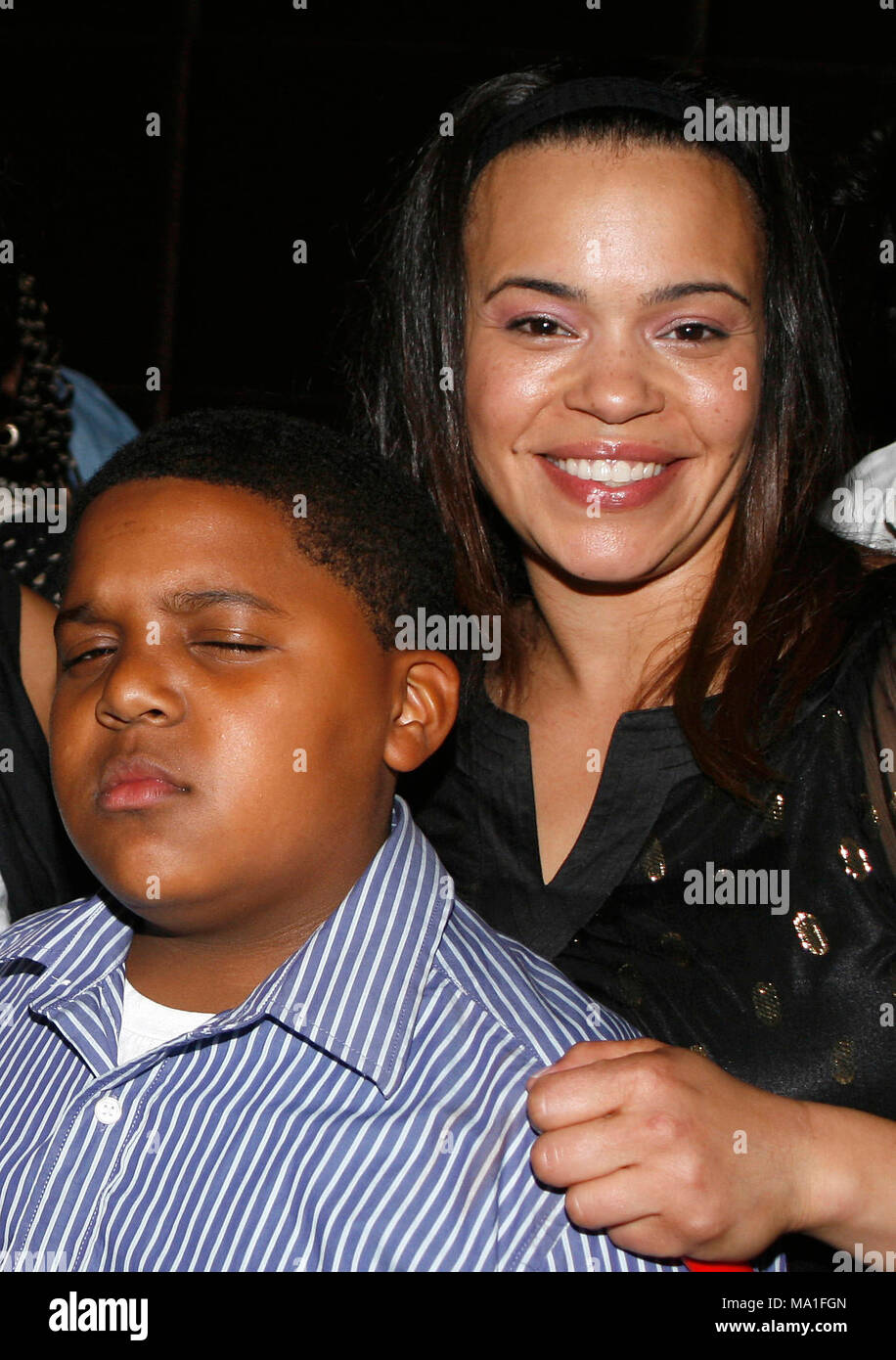
The only truly complicated figure Malloy acknowledges in I Gotta Story to Tell is Tupac Shakur, the California rap prodigy whose life was also cut short by violence. Both of them are hard to extricate from Biggie’s story - they actually appear in the archival footage the documentary pulls from - but for Malloy’s purposes, they might as well not exist. Suge Knight, Combs’ West Coast counterpart and a key figure in the ’90s hip-hop turf war, is also ignored. No one speaks of Faith Evans, a monumental artist in her own right who briefly married Biggie and had a child with him. Worse, I Got A Story to Tell spins its tale without even mentioning many of its characters. Combs is less interested in divulging anything personal, and the context he offers would be better served coming from someone who won’t profit from the legacy he’s diligently burnishing. But Combs is only interested in framing Biggie as the Zeus of Rap Olympus, a title he says he knew Biggie would hold from day one. Combs is a valuable interview because he was there, as a key figure in Biggie’s meteoric ascent and his escalating conflicts.

The mogul and former kingmaker is among the most prominent subjects interviewed, and he works overtime to enshrine Biggie as even more of a deity than he already is.
THE NOTORIOUS BIG MOVIE MOVIE
Diddy” Combs - whose record label released Biggie’s entire catalogue - the movie tells Biggie’s story via testimony from people who are exclusively interested in portraying him in the most radiant light, for reasons that are either obvious, like in Voletta’s case, or arguably self-serving, as with Combs.Ĭombs’ contributions are a big reason I Got a Story to Tell is so frustrating. Produced by his mother, Voletta Wallace, and Sean “P.

And just about anything they have to say will be better than Netflix’s new documentary Biggie: I Got a Story to Tell.ĭirected by Emmett Malloy, Biggie is a paper-thin account of one of hip-hop’s most mythologized figures, tracing the broad strokes of his tragically short biography. Grab just about any hip-hop head off the street, and you’ll likely get an interesting take on Biggie, his music, and what he means to New York and hip-hop culture today.

He’s been widely hailed as one of the greatest to ever get behind a mic, an MC with a cinematic scope that changed the sound of New York City. It isn’t hard to find people with interesting things to say about Christopher Wallace, the late rap titan better known as The Notorious B.I.G., or Biggie Smalls.


 0 kommentar(er)
0 kommentar(er)
